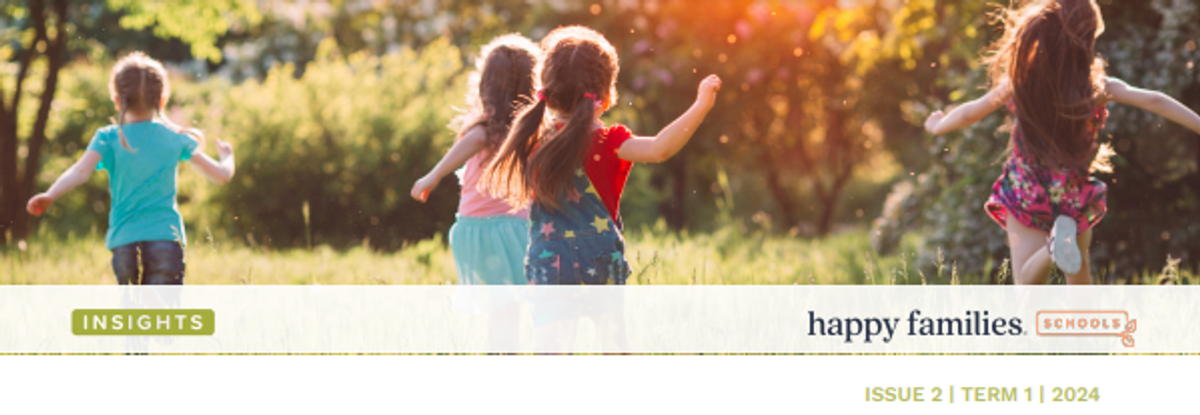Parent Partnerships

Play is Declining and so is Mental Health
In primary school it was bike rides, cubby houses, climbing trees, playing marbles, jumping on the trampoline, and being outside – always outside… and it was almost always with my best buddies: Andy Lucas, Ben and Jay Walter, Richard and Ian Duddy (I’ve never done a shoutout to my old buddies before…but here it is, after so many years).
In my teens, it was ultra – long bike rides (of 50 kms or more – that was a lot for a 15-year-old who wasn’t a cyclist), surfing, skateboarding, and exploring the bush in the mountain behind my house.
I was lucky to grow up in the 80s.
It was probably the last decade where kids had the sort of freedom that I had. With every decade since, research shows that children have become more restricted, more structured, and less able to play and explore in their neighbourhoods away from adults. It’s well documented that the amount of time available to kids for free play is declining.
Unfortunately, that’s not the only thing that has changed since the 80s.
In 1980, less than 10 in 100,000 teen boys died by suicide, and for girls it was only 2 in 100,000.
By 2000, it had increased to 13 in 100,000 for teen boys and 6 in 100,000 for teen girls.
While in 2020, the number of suicides among teen girls remained steady, for our teen boys it jumped again to 17 in every 100,000.
Behind those stark numbers is the equally alarming doubling in the prevalence of anxiety and depression in our teens and young adults over the last 15 years.
Why?
Screens are the most commonly-blamed culprit. While the scientists behind this argument make a compelling argument, there are alternative explanations. One is that parents are more controlling than ever before. A related idea is that children don’t get to play anymore.
I’m not the only one who believes that the decline in free play is a contributing cause. Kids are constantly being pulled away from the opportunity to engage in real life, physical (and outdoor) play because:
- Screen-based activities entice kids away from the outdoors.
- Parental concerns about safety leads to restricted opportunities for independent exploration.
- Many children find their afternoons and weekends filled with structured activities such as organised sport and extracurricular activities, leaving little time for unstructured play.
- The focus on academic achievement and structured learning means that most of our kids’ time is spent either in school, doing homework, or engaging in other adult-directed activities, dramatically limiting the time available for free play.
The problem with reducing play time is that play is a direct source of happiness for our children. Studies show that kids prefer outdoor play with friends to screen based activities, and outdoor play is consistently ranked by parents as the activity that makes their kids the happiest – if we can get them to do it!
What exactly is it about play that has such a big impact on wellbeing?
Play satisfies all of our basic psychological needs. By definition, play is self-directed. Play is the vehicle through which kids build skills. Play is how children make friends.
As parents, how can we give our children the freedom to play?
- Strengthen autonomy – allow our kids more choice in how they spend their time. Cut back on structured extracurriculars to enable them more time for free play. Move away from adult-directed activities to unsupervised play (as developmentally appropriate).
- Build competence – set up the environment with equipment for open ended play. Open Ended toys build competence because there is no right way to use them, and the materials can be modified to meet the level of play that your child is ready for.
- Relatedness – build a community of people your kid can play with easily. Things like introducing your family to other families in the neighbourhood is a great start.
Giving our kids an idyllic childhood with freedom to play and explore isn’t just good for them now. It helps them build the resilience they need for healthy adulthood too.


